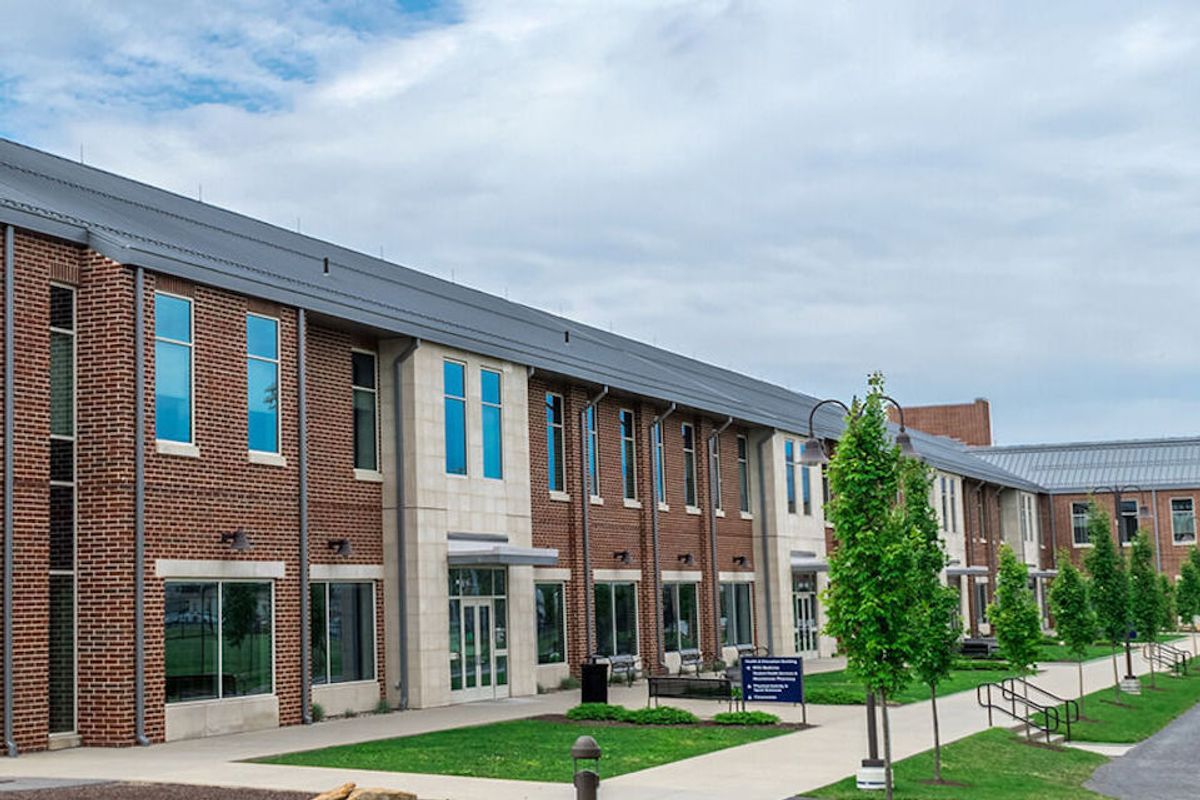[ad_1]
Ambulance crews in England are spending 1.8m hours a year – the equivalent of 75,000 days – dealing with patients with mental health problems, new NHS figures reveal.
Labour’s Dr Rosena Allin-Khan said the data showed that lack of help for people experiencing mental ill health was adding to the strain on the hard-pressed ambulance service.
Other figures obtained by Allin-Khan, the shadow minister for mental health, show that the number of 999 calls ambulance services get involving mental health issues is rising every year.
England’s 10 NHS regional ambulance services received 524,485 such 999 calls in 2018-19. That number increased to 652,720 in 2021-22 – a rise of 24%.
“These alarming figures are indicative of public services being run down by successive Conservative governments. With long waiting lists for mental health support, it comes as no surprise that increasing numbers of people are reaching out to 999 in crisis,” said Allin-Khan, who was an A&E doctor in the NHS before becoming an MP and still works part-time in that role.
The National Audit Office reported in February that 1.2 million people were waiting to receive care and treatment from NHS community mental health services.
Meanwhile, ambulance services are under such pressure that people in a mental health crisis are enduring waits of almost two and a half hours before a crew turns up to help them.
Separate research by the Liberal Democrats shows that the East of England and South West ambulance services are taking on average two hours and 20 minutes to respond to 999 calls where someone is undergoing a mental health emergency.
Daisy Cooper, the Liberal Democrat health spokesperson, said such long delays were “staggering”. “It is shocking that people experiencing mental health crises are having to wait hours for an ambulance to arrive. It shows that mental health patients are being catastrophically let down by this Conservative government, which is running our NHS into the ground.
“We know that time is often critical in a mental health crisis and every minute counts.”
The North East ambulance service takes the third longest time of the 10 regional services to respond to a mental health emergency 999 call, two hours and four minutes.
The latest figures obtained by Allin-Khan under freedom of information laws show that in 2021-22 the 10 services spent 1,802,468 hours – or 10,729 weeks – dealing with mental health incidents. That covered the time taken to reach the patient, care for them and then hand them over to A&E or specialist mental health staff.
The South Central ambulance service took on average one hour and 40 minutes to answer such a 999 call – the least amount of time involving any of the services.
A senior source in the ambulance service, speaking on condition of anonymity, stressed that mental health emergencies often take longer than ones involving physical health to resolve.
after newsletter promotion
“Mental health incidents do take a lot of time because they are often complex cases. Accessing crisis care can take a long time too and handover delays with mental health patients are possibly even longer than for patients with physical conditions,” the official said.
The increase in mental health calls to 999 in recent years was also partly down to ambulance services better identifying such calls when they were triaged, they added.
Many ambulance services have set up specialist teams to help them cope with the rise in mental health calls, which began before Covid-19’s arrival in 2020 accelerated the trend.
For example, the London ambulance service (LAS) operates six “mental health joint response cars”, in which a paramedic and mental health professional respond to calls involving depression, suicide attempts, psychosis and other sorts of psychiatric crisis.
The staff assess the patient’s mental and physical health needs – only taking them to A&E if they need immediate treatment there – and arrange for them to receive help, ideally while still at home, for whatever problems they have, including from NHS mental health services.
The cars have so far helped 17,000 people in distress and take just 16% of patients to an emergency department – far below the 50% seen when standard ambulance crews assess mental health patients – the LAS said.
The Department of Health and Social Care has been asked for comment.
[ad_2]
Source link

